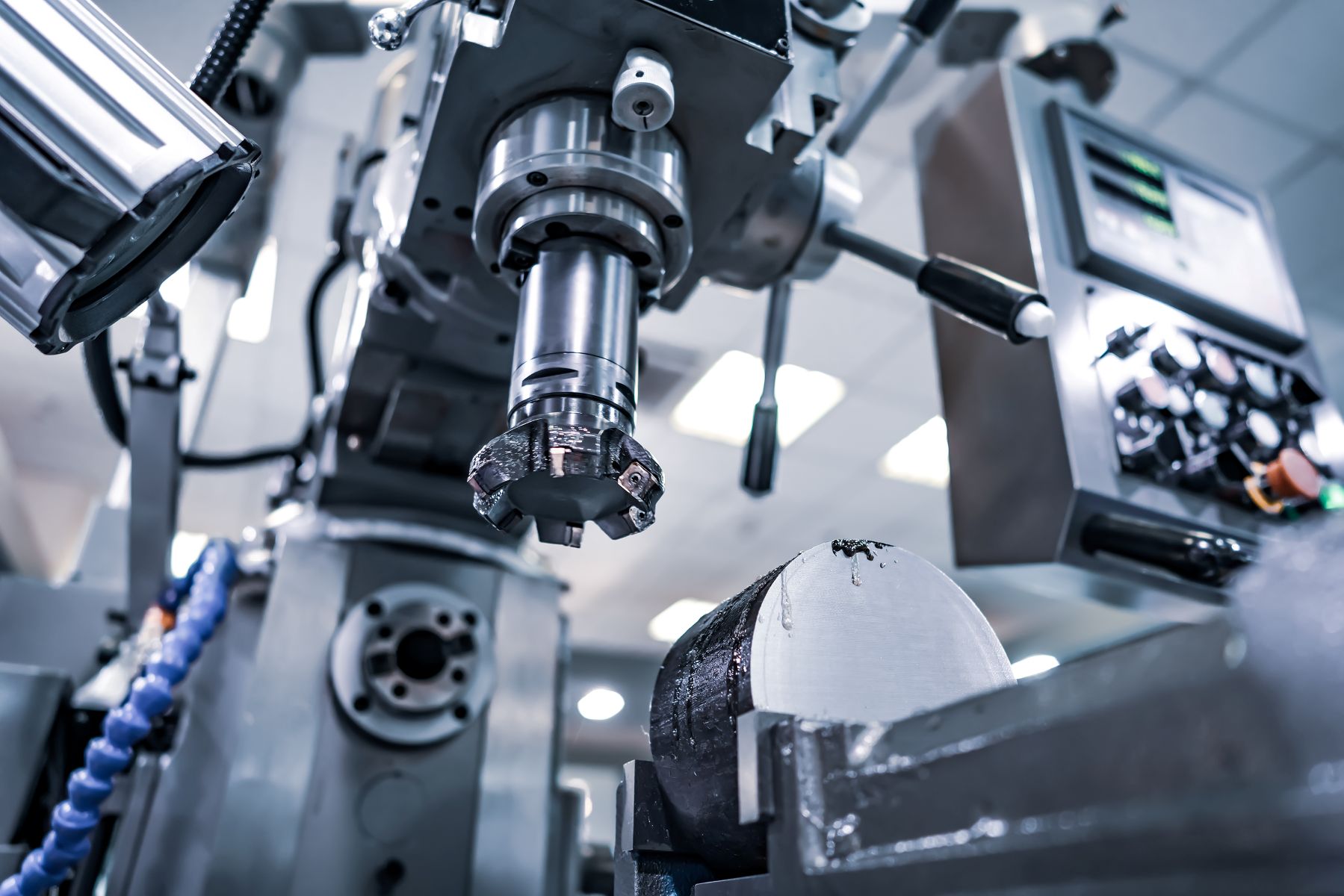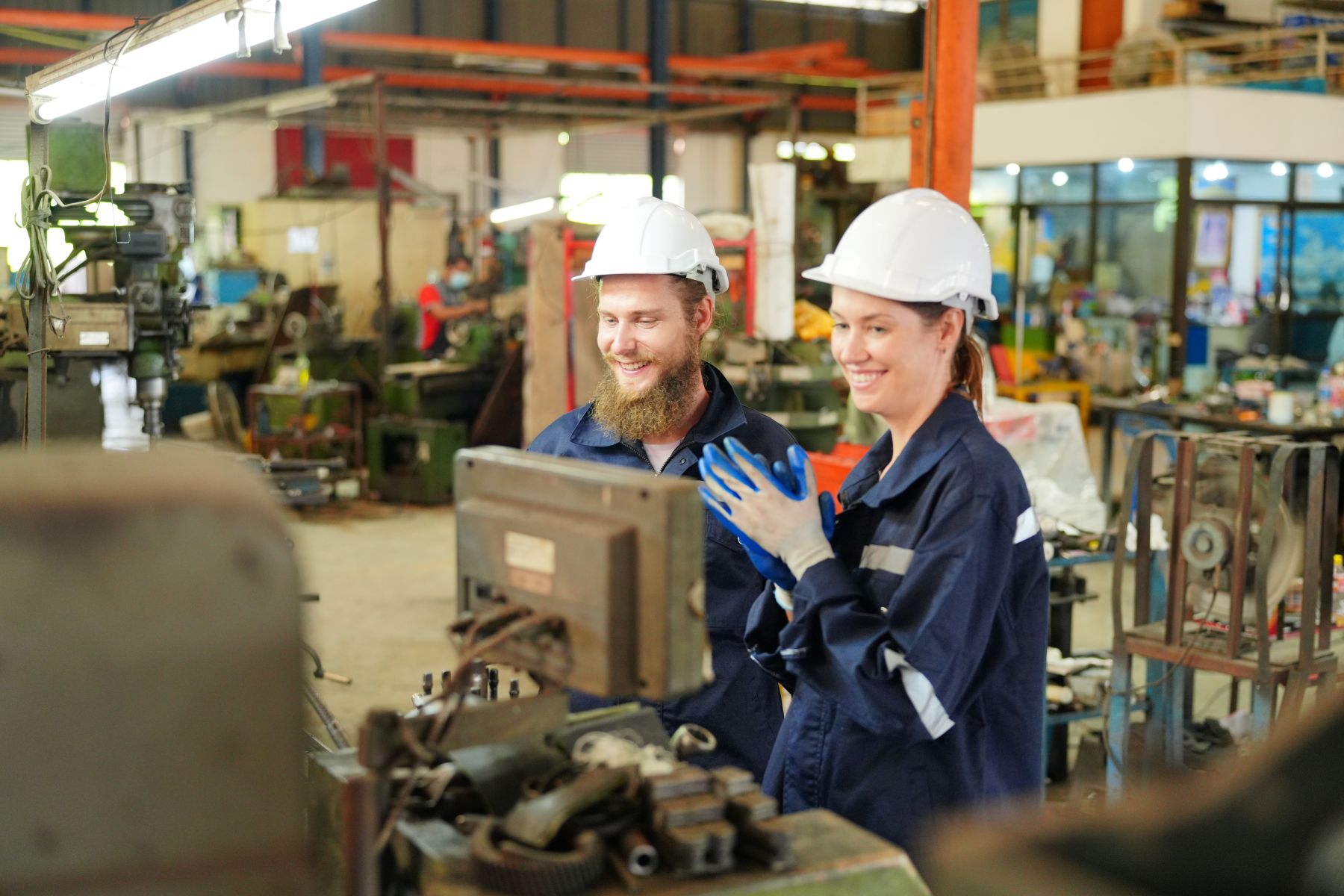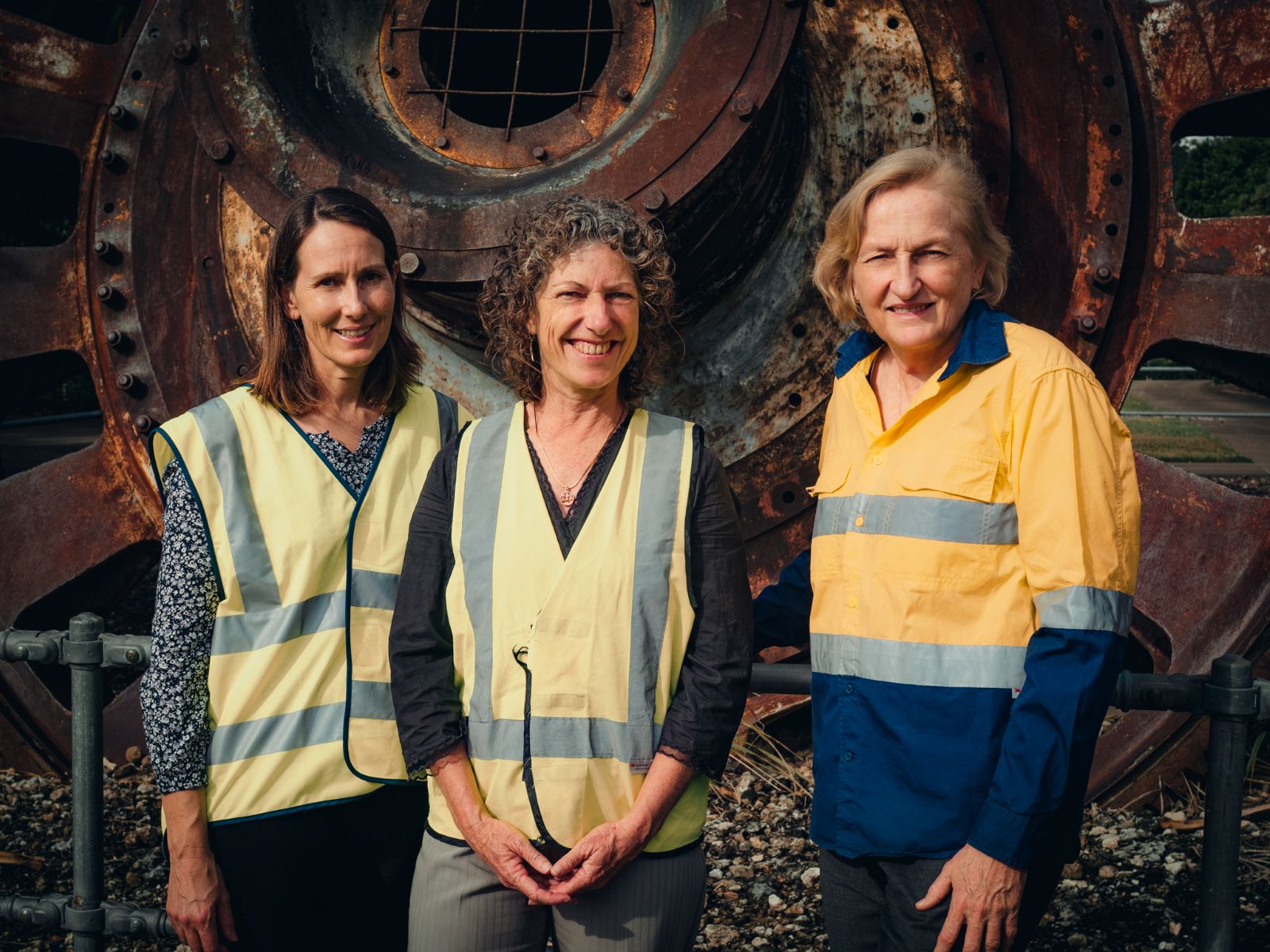Driving Sustainable Innovation Through the Circular Economy Australia wide
At The Ecoefficiency Group, we lead the integration of circular economy principles into business operations, helping organisations shift from linear resource consumption to regenerative, closed-loop systems. Based in Brisbane, we provide strategic consulting that supports Australian enterprises in reducing waste, increasing efficiency, and creating long-term value.
We embed circular economy systems into your procurement, design, and operational strategies, transforming waste streams into opportunities and aligning your business with emerging environmental expectations.

Understanding Circular Economy Systems
Circular economy systems are designed to retain material value and minimise environmental impact. Unlike traditional models that treat products as disposable, a circular economy keeps resources in use, optimising their lifespan and usability.
These systems focus on:
- Designing for disassembly, repair, and recyclability
- Eliminating unnecessary materials and reducing waste to landfill
- Creating internal loops, such as water reuse and energy recovery
- Choosing low-impact suppliers and recycled-content products
- Extending the life of products in use through repair and reuse
We help organisations build these principles into both day-to-day operations and long-term sustainability strategy.
Want to take the next step?
Book a FREE 20 minute call to discuss your sustainability needs.
Practical Application of the Circular Economy wide Model
Circular economy thinking is embedded across all of The Ecoefficiency Group services — from energy, water and waste audits to carbon strategies and procurement assessments. Rather than offering it as a standalone service, we integrate circular economy insights into projects for maximum efficiency and business alignment.
Our support includes:
- Waste stream analysis and resource recovery planning
- Procurement guidance using our 10-point sustainability checklist
- Education and training modules for internal teams
- Recommendations aligned with circular design and product lifecycles
We take inspiration from global frameworks, such as the Ellen MacArthur Foundation, while tailoring implementation to the specific needs of Australian businesses.


Business Benefits of Circular Economy Integration
Embedding circular economy systems into your organisation offers measurable commercial and environmental advantages:
- Reduced operational costs through material efficiency
- Increased supply chain resilience and compliance readiness
- Enhanced ESG reporting and stakeholder engagement
- Improved environmental credentials and market competitiveness
By embracing circularity, your business positions itself as a forward-looking, responsible industry leader.
Why Choose The Ecoefficiency Group?
With decades of experience, The Ecoefficiency Group is a trusted name in Australian sustainability consulting. We deliver results-driven advice grounded in experience, data, and practical implementation. From strategy to reporting, we help organisations build smarter, more sustainable systems — guided by circular economy thinking.
As a Brisbane-based consultancy, we understand local regulatory frameworks and business challenges, offering targeted support that aligns with your industry and region.

Frequently Asked Questions
- What does the circular economy mean in Australia?The circular economy Australia wide approach focuses on designing out waste, extending the life of materials, and creating systems where resources are reused rather than discarded. It supports both economic resilience and environmental responsibility.
- What are circular economy systems?Circular economy systems involve product and process design that keeps materials circulating through reuse, repair, remanufacturing, and recycling. They reduce the need for virgin resources and prevent waste generation.
- Can circular economy strategies reduce costs?Yes. Circular strategies often reduce procurement and waste disposal costs by optimising material usage and improving process efficiency.
- Which industries are best suited for circular economy integration?Industries such as manufacturing, construction, and logistics are well positioned to benefit from circular approaches due to high material use and waste generation. However, professional services industries such as architecture and urban design often have a great impact through their designs and advice they provide to their clients and can also benefit from our services.
- Does The Ecoefficiency Group offer circular procurement support?Absolutely. We assess supplier practices and product sustainability using a structured 10-point checklist, guiding better purchasing decisions aligned with circularity goals.
- How do circular economy systems support ESG reporting?Implementing circular economy systems enhances environmental governance, providing measurable outcomes for waste, procurement, and resource management that strengthen your ESG profile.
- Where are you located? What areas do you service?The Ecoefficiency Group is located in Brisbane in South East Queensland but we provide services to all of Queensland, Australia and internationally.
